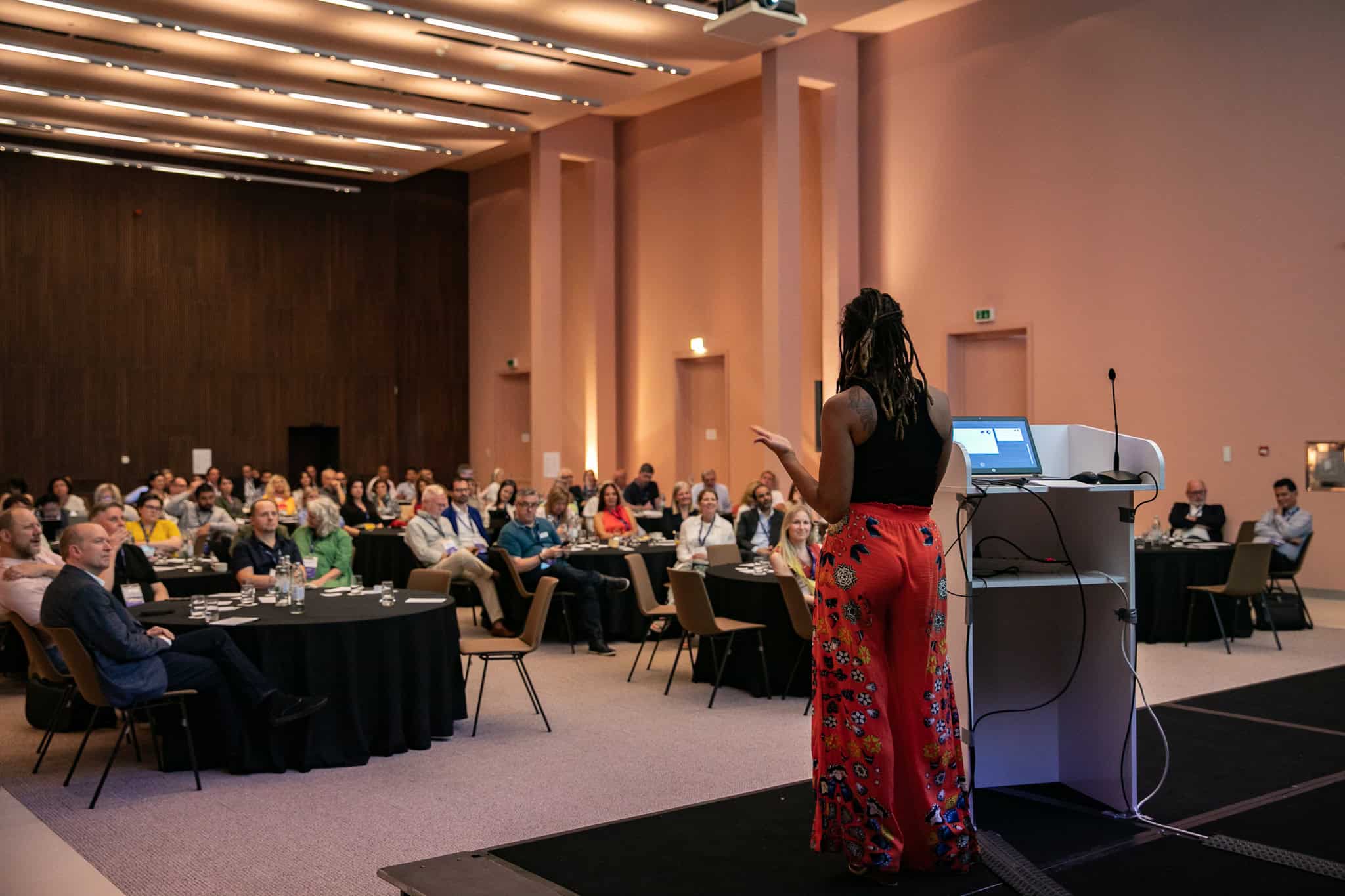Attendees of the International House Directors Conference, which took place in Split, Croatia from May 19-22, heard from data specialists BONARD about the global ELT sector’s state of play – and how some are doing better than others after the pandemic.
“In terms of destinations that will reach their 2019 volumes [in our forecast], there will be Australia; Ireland reached it, and Malta probably will,” said Ivana Bartosik, BONARD’s international education director, speaking to delegates just before the release of student numbers in the latter country – which in fact did not go over the threshold, but is fast approaching the 2019 figure of 83,000.
According to BONARD’s analysis of ELT markets across 2023, Ireland student volumes will be around 117% of the 2019 levels; Australia will be at 106%; the UK will be at 76%; the US at least 70% and South Africa at 92%.
The UK’s numbers were released earlier in May by English UK, which the organisation’s chief executive said demonstrated a “promising but steady recovery”.
Speaking about South Africa’s numbers, one delegate said that the statistic was even more poignant given how hard the South African sector was hit by Covid.
Schools closed in the country and others merged into one during the pandemic, meaning that the 92% recovery is being achieved by less schools than in 2019.
Bartosik mentioned that it would be “worth watching” how the international HE student caps in Canada and now possibly Australia might affect the ELT sectors’ attractiveness.
She also said, noting the presence of the IH schools that are focused on local provision, that intra-regional mobility is on the rise.
“We’ve also seen some creating new educational hubs – for example, Dubai has gradually been attracting students and has been somewhere they’ll travel if they can’t travel to the destination that they prefer,” Bartosik noted.
While speaking about source markets, Bartosik predicted that Colombia would become top source market globally for ELT in 2023 data. On the other hand, she also noted the spectacular fall of China as a source market.
“Look at China now – the recovery is not even reaching 50% [on 2019]. I try to keep it positive by saying we’ll see what happens in 2024… [but] I believe the debate is around whether it will ever come back to what it used to be in 2019. It’s not very likely, but let’s see,” she told delegates.
As the International House school directors from across the world convened, a guest opening plenary was given by Morana Zibar, one of the stars of the Croatian version of quiz show The Chase, called Potjera.
She took time in her speech to thank her own English language teacher at a private ELT school she went to as a child – the same teacher, she said, that is also now teaching her daughter.
“As you all know at a private language school, it’s smaller groups, less pressure, more casual, more fun,” Zibar said.
“What’s beautiful is that she is constantly expanding her horizons, giving her references and connecting the lessons with the world,” she continued.
The IH Study Abroad committee, which discusses issues facing IH schools that have students coming in from abroad, also had its election during the conference.
In an unprecedented move, all four candidates who stood – IH Bristol’s David Hazon, IH Riviera Maya’s Marta Conesa, IH Montpelier’s Claudia Adenet and IH Sydney’s Mark Raven – were elected onto the committee, despite only three seats initially being made vacant.
Amid a raft of sessions each day on topics ranging from Erasmus+ funding to IH Mexico’s ThinkLab project, IH Split, who hosted the conference, treated delegates to a boat trip in the city’s sprawling bay.
Tim Eckenfels, director of IH Sydney training services – which will host next year’s event – thanked IH Split director Josip Sobin for hosting. “Thank you very much for your kind hospitality, your organisation… and this beautiful weather,” Eckenfels said.

